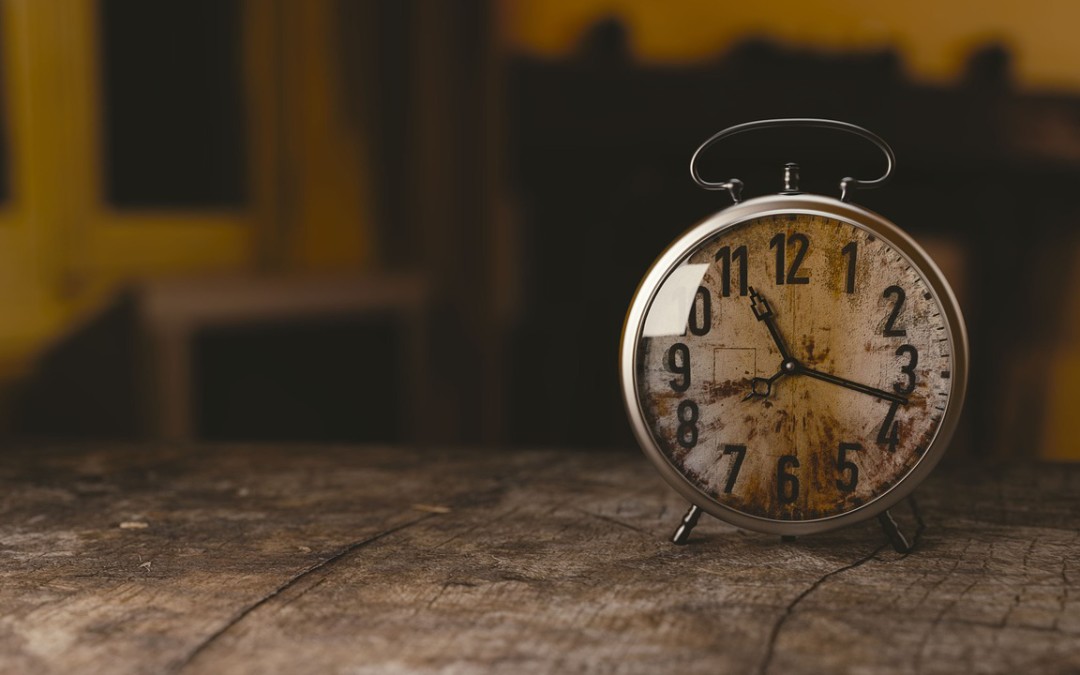Time heals all wounds.
That’s a doozy, huh?! In the past, it stirred up all of my doubts, anxieties, and fears. For example, my mind did something like this, “really? Time heals ALL wounds? Even dead babies? Then what’s wrong with me? I don’t feel better yet. It’s been enough time, right? People around me seem to think enough time has passed since my daughter died, and I should be okay again. What’s wrong with ME? Do I need more time? Am I broken? Why isn’t this time thing working for me?” …it goes on and on. I have to acknowledge my mind can be a pretty busy, rather unhelpful, place at times. AND I am a firm believer this saying is not true.
Time does not heal all wounds.
How does that sit with you? For me, my mind settles. It begins to rest. I begin to believe there is nothing wrong with me, grief is difficult, and unless you’ve grieved a deep loss, you don’t understand how hurtful that saying can be, and how it perpetuates a myth in our culture that somehow, someday, I will be healed. If I need to be healed, that implies I am broken. And I am not broken. Have I thought I was broken? You betcha! At least it felt that way. Have I wondered if I did something “wrong” to “deserve” this tragic and heart breaking experience of the death of my daughter? Yup. Sometimes I wondered, and now I don’t believe that.
So this saying, this platitude, while I know it is meant to be words of comfort – it is not. Not for me, and not for many others. What I have found to be true is that time changes things. Nothing stays the same. The only constant you can count on is change. All of those sayings ring true for me. The experience of grief has changed over time for me. How I feel today, the thoughts I think today, nearly 7 years after my daughter died, they are different. It’s not intense anymore. Sure I still have moments or a day where it hits me. Like when my five year old living daughter met one of her kindergarten teachers at the playground and the teacher asked, “Do you have any brothers or sisters? Are you the first one to go to school?” And she calmly replied, “I have an older sister. But she died.” Times like those my heart aches and my soul wonders what life would be like if Acacia had lived. And yet, nearly seven years later, those questions and conversations don’t knock me to the ground like they did in the past. It’s changed over time.
So if time doesn’t heal all wounds, what are we left with? Doesn’t it sound dark and grim to think we might not be healed? No. Instead it means there are many paths to holding our experience. We are not broken. We do not need to be healed. Instead, I have come to know and experience that our feelings, thoughts, dreams, nightmares, etc need to be held. They need to be welcomed by open and loving arms, like we would hold our child. They are asking to be experienced, acknowledged, and felt. When your sadness arises, try this – talk to it. Feel it. Say, “hi sadness. I feel you. I notice the feelings in my body (and check in with yourself. Are there tears? A tightness in your throat or belly? What sensations can you feel in your body?). I breathe into these spaces. These feelings of mine, you’re welcome here. I know that you come and go. I am here with you, in this moment.” And do this repeatedly. Each and every time that you can.
This may not be easy if you’re not used to checking in with yourself, but do it anyways. Grief isn’t easy, right?! How much harder could this be? I know our culture, our friends, and our families often encourage us to turn away from our feelings, to pretend we’re okay and to get back to “normal” as soon as possible. But is that working for you? Really?
If you live in the Boulder or Denver area and need some support on your journey, call me at 303.502.4867 or email me at shellykingtherapy@gmail.com. And let’s be honest – we’re all humans, each one of us is wired for connection. We are meant to be with others, we need others. I know our individualistic culture does not like this truth. Many of us buy into this harmful belief that we should be able to figure this out alone, but that is incorrect. So call a friend, a family member, a clergy member – someone you can trust, and let them in. Share your grief with them. Find this kind of person to talk to and be with:
“When we honestly ask ourselves which person in our lives mean the most to us, we often find that it is those who, instead of giving advice, solutions, or cures, have chosen rather to share our pain and touch our wounds with a warm and tender hand. The friend who can be silent with us in a moment of despair or confusion, who can stay with us in an hour of grief and bereavement, who can tolerate not knowing, not curing, not healing and face with us the reality of our powerlessness, that is a friend who cares.”
― Henri J.M. Nouwen
Much love,
Shelly
